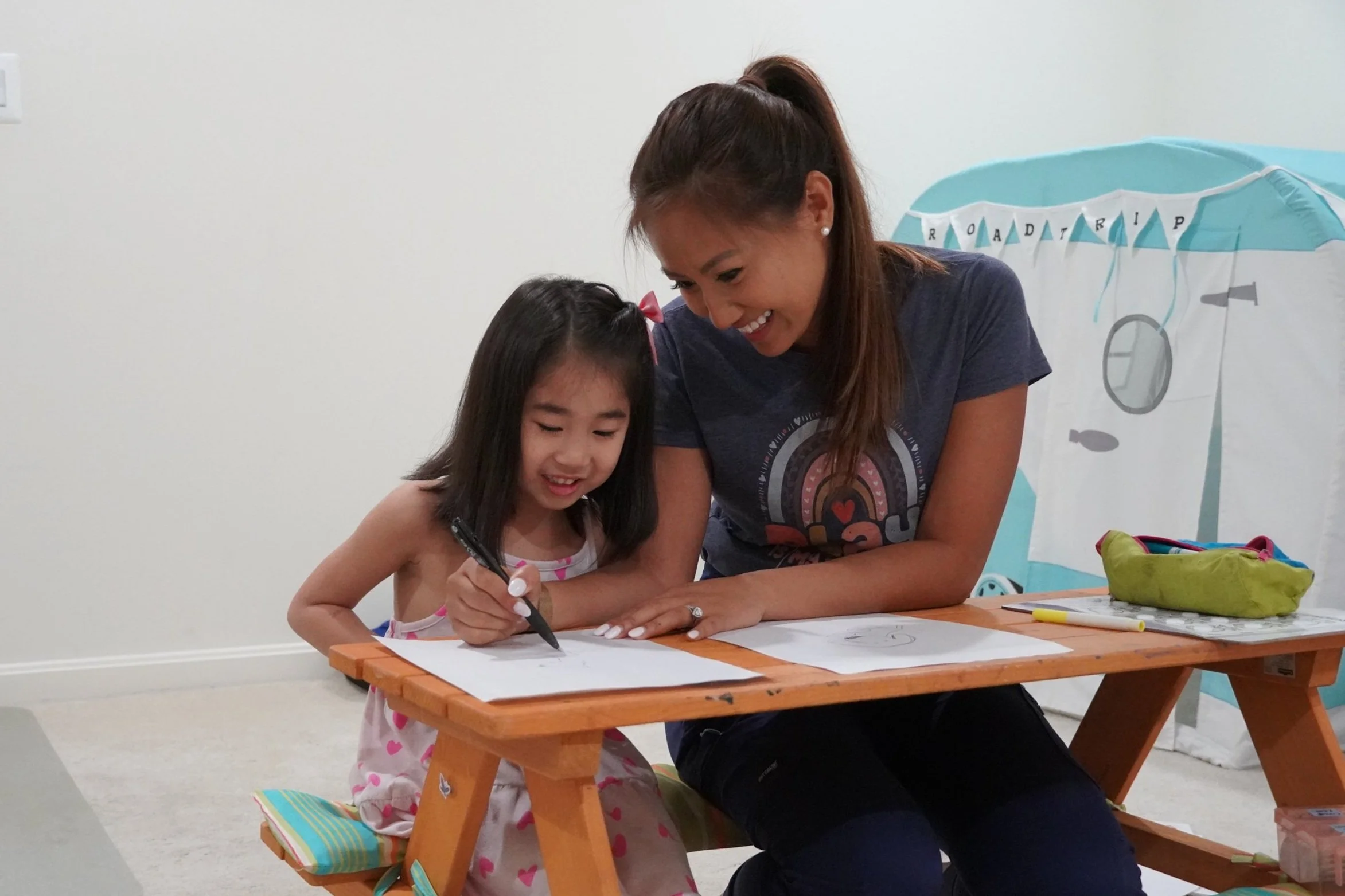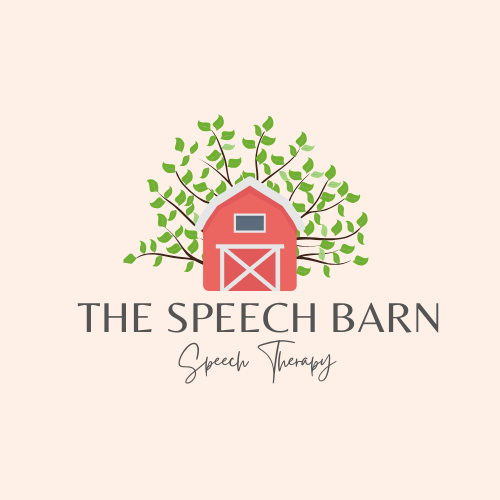Speech & Language Services
Services
-
Prelinguistic Skills
These skills help babies learn to interact with people in their environment, even though they're not yet using words. Identifying prelinguistic difficulties early can help prevent language delays and other difficulties as a child reaches the age to begin using words.
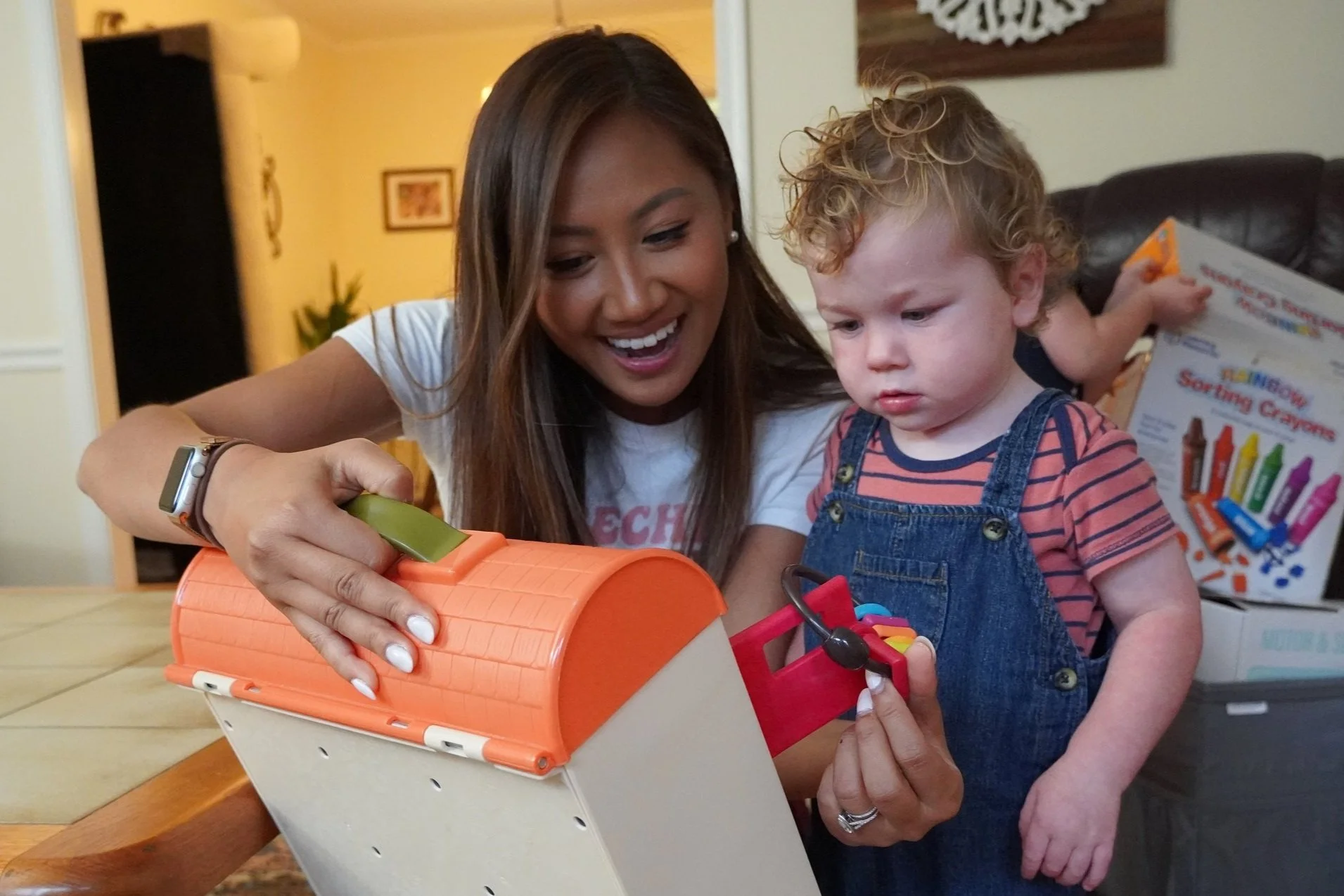
-
Articulation & Stuttering
Articulation and fluency therapy assists with communicating more effectively by improving the ability to produce clear speech. Articulation therapy can help with improving speech intelligibility, reducing frustration, and improving interactions at school, work, and social settings.

-
Expressive & Receptive Language
Expressive language is the ability to communicate thoughts, feelings, and needs through words, gestures, and writing. Receptive language is the ability to understand and comprehend spoken language. We use expressive and receptive language skills to communicate with others effectively. If a child has consistent difficulty understanding others or sharing thoughts, ideas, and feelings, they may have a language disorder.
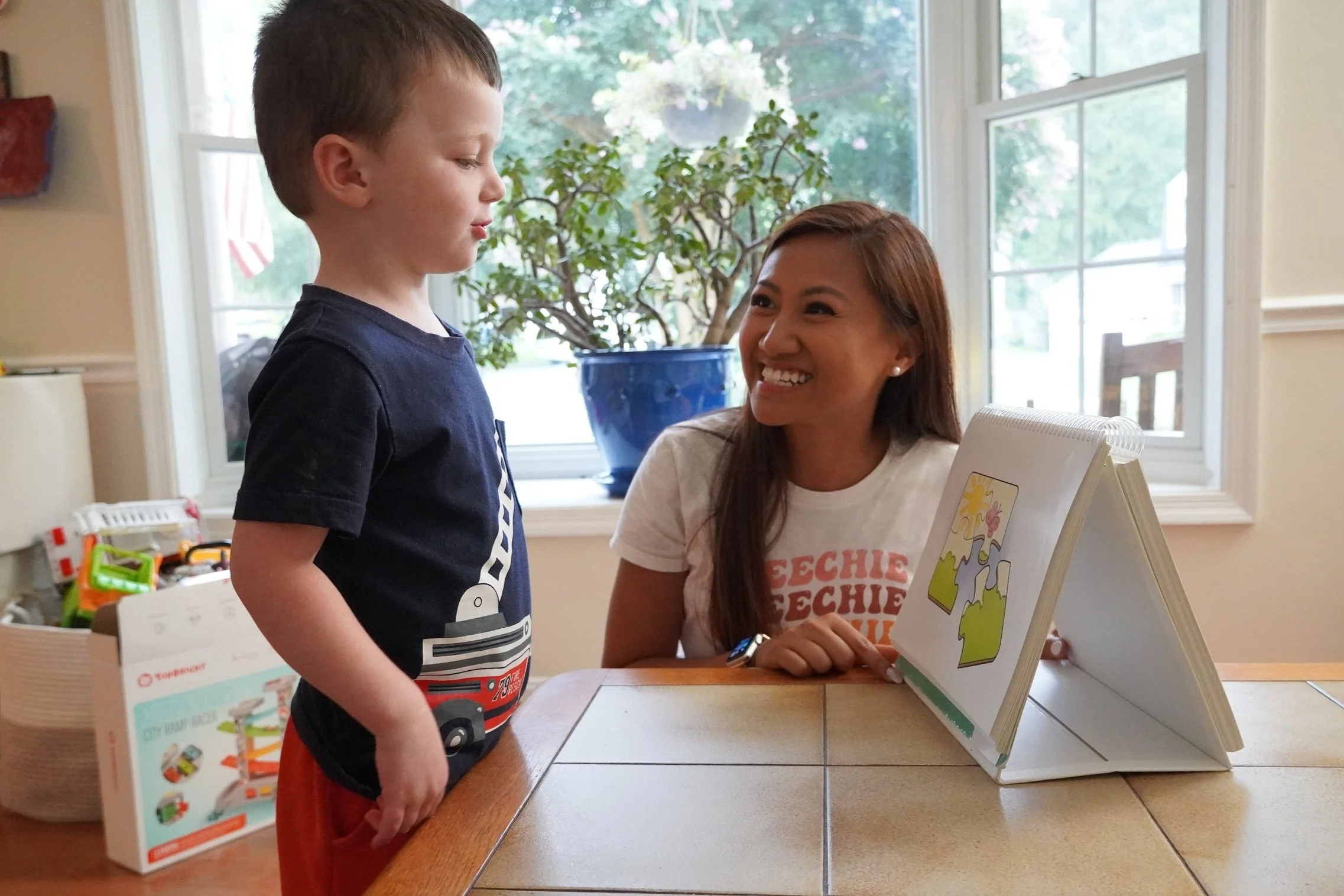
-
Myofunctional, Feeding & Swallowing
Myofunctional therapy helps improve the function of the tongue, lips, mouth, and facial muscles by training the muscles to rest properly and function better. It's designed to improve issues with talking, eating, or breathing. Those with tongue, lip, or cheek ties are recommended to see an ENT or Dentist along with a speech therapist as exercises are important before and after a tongue-tie release to prevent reattachment of the frenulum and to maintain tongue mobility. These exercises can also help develop new muscle movements and increase awareness of the tongue's range of motion.
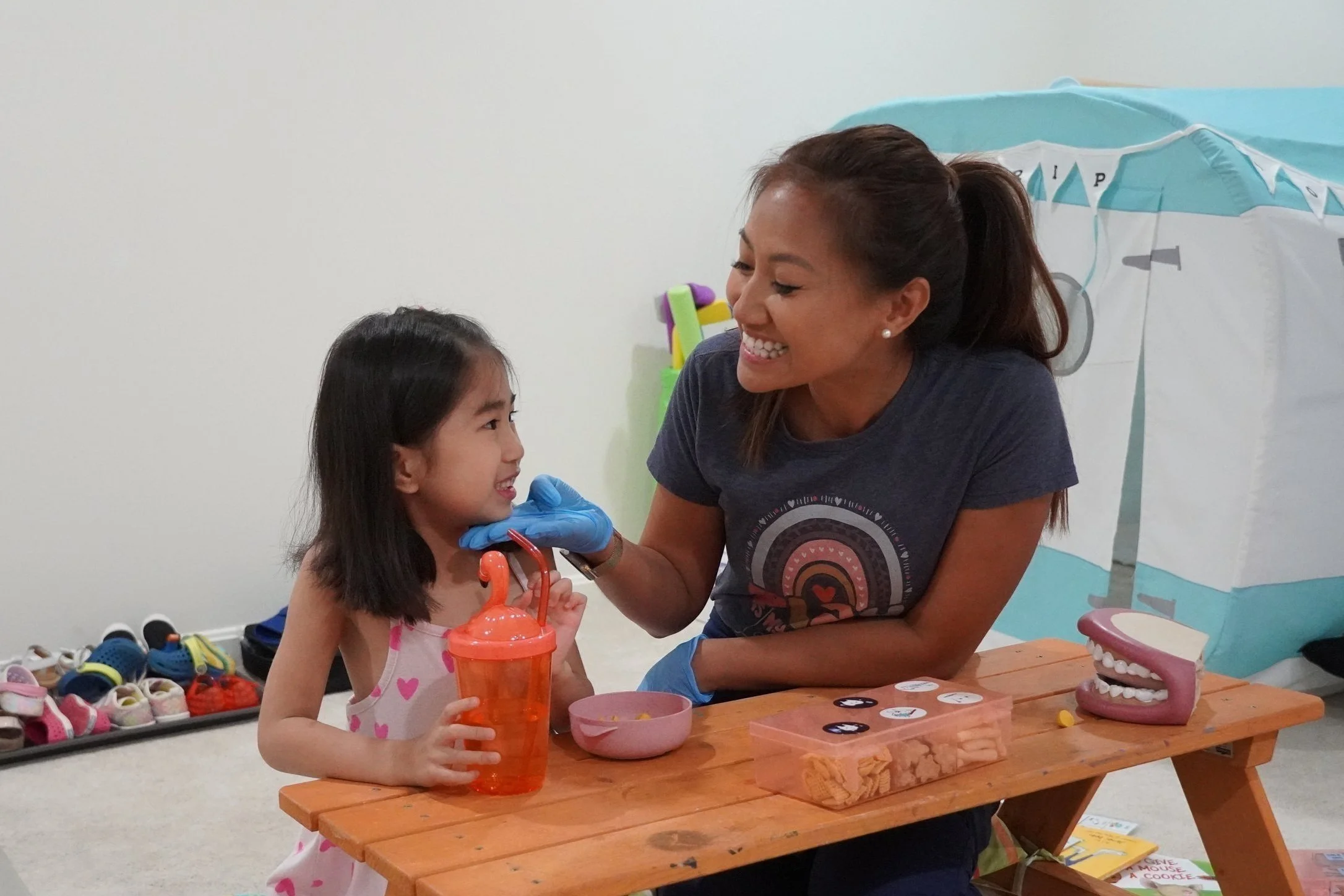
-
Social Skills
Social communication is how and why we use language to interact with other people. Speech therapy assists with many skills required to navigate complex social situations. These specific skills are needed to communicate effectively in social situations, including how to start and maintain conversations, take turns talking, and use appropriate language and body language.

-
Cognitive Communication
A cognitive communication disorder results from impaired functioning of one or more cognitive processes, including the following: memory, attention, processing, executive functioning, language, organization, judgment, etc. A problem with one or more cognitive functions can cause difficulty in performing activities of daily living safely & efficiently as well as communicating effectively. An evaluation by a speech-language pathologist can determine where impairments exist & how to treat them. Many patients who benefit from this therapy are those with underlying conditions such as Autism, ADHD, and Auditory Processing Disorders.
